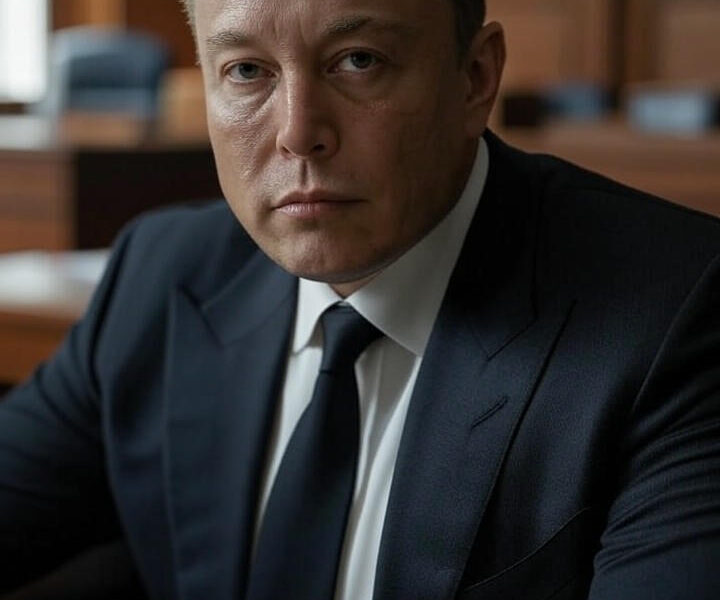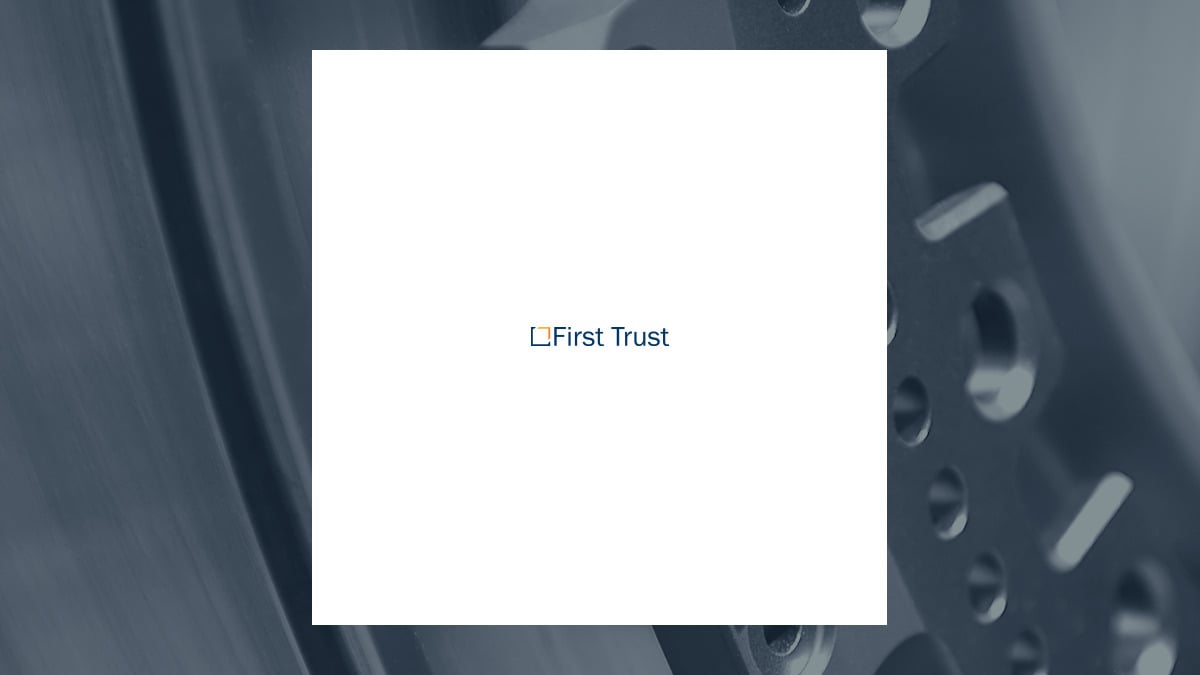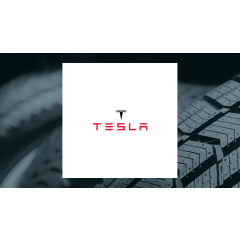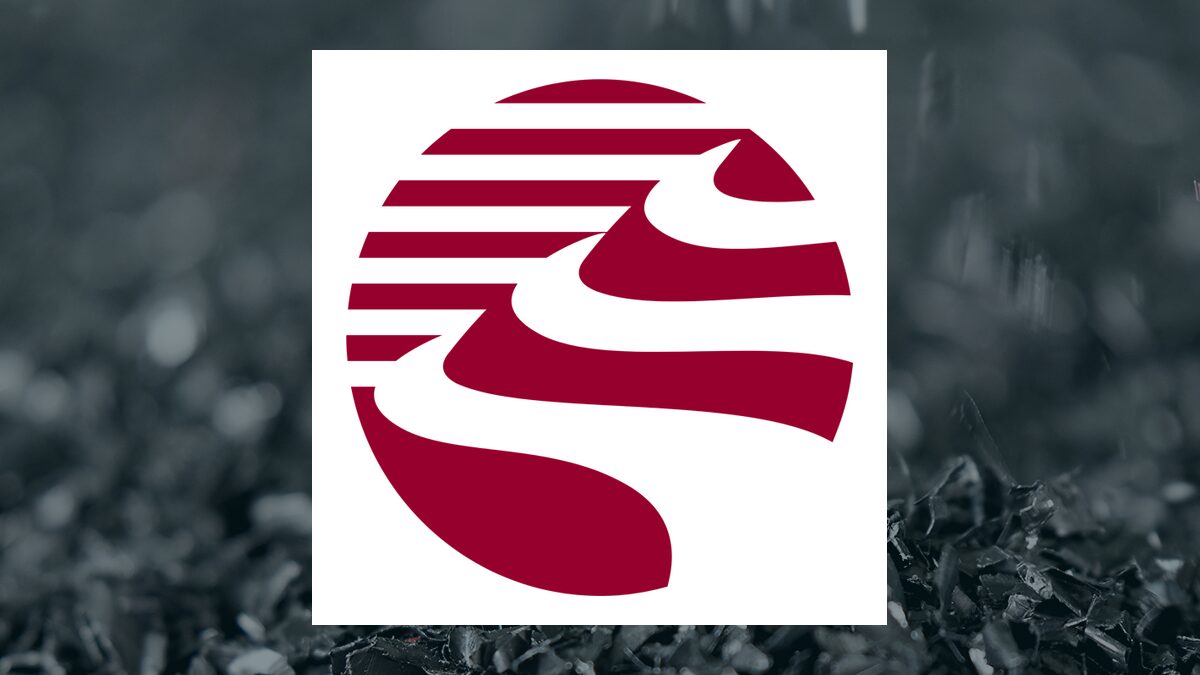In a significant legal development, a federal judge has mandated that Ilya Sutskever, co-founder of OpenAI, reveal a controversial document known as the “Brockman memo.” This order comes as part of Elon Musk‘s ongoing lawsuit, which accuses OpenAI of breaching its charitable trust as it transitions from a nonprofit to a for-profit entity. The memo, authored by fellow co-founder Greg Brockman, is reported to contain details about the abrupt ousting of former CEO Sam Altman in 2023 and the internal debates surrounding governance and safety priorities within the organization.
The lawsuit, initiated by Musk in 2024, claims that OpenAI has strayed from its founding mission to prioritize humanity’s welfare, now allegedly focusing more on profits, particularly due to its partnership with Microsoft. The ruling from a Northern California federal court compels Sutskever, who left OpenAI in 2024 to establish his own AI safety firm, to provide the memo, which Musk’s legal team believes will illustrate how commercial interests may have overruled ethical considerations.
Insights into Internal Decisions
The Brockman memo has garnered attention as it may shed light on the board’s decision to temporarily terminate Altman, only to reinstate him shortly after due to employee backlash. According to a report by The Information, the judge’s ruling emphasizes the memo’s relevance to claims suggesting that Altman might have compromised safety protocols in favor of business objectives. This is not the first instance in which court proceedings have exposed the opacity surrounding OpenAI’s operations.
Sutskever, once the organization’s chief scientist and a critical player in Altman’s ousting, has largely remained silent since his exit. His involvement in the lawsuit adds complexity, given that he was reportedly among the board members who voted to remove Altman, citing concerns over rapid AI development. Notably, the memo’s self-deleting nature, as discussed in posts on X (formerly Twitter), suggests it was designed to disappear after being read, raising questions about efforts to protect sensitive information from external scrutiny.
Legal Proceedings and Broader Implications
In addition to Sutskever’s deposition, the court has also ordered testimony from former Chief Technology Officer Mira Murati, who briefly served as interim CEO during the upheaval in 2023. Musk’s team seeks her insights on whether Altman’s leadership prioritized commercial gains over safety. This inquiry aims to explore OpenAI’s evolving corporate structure, which has seen attempts to establish itself as a public benefit corporation while retaining a nonprofit element.
Musk’s allegations carry substantial weight, accusing OpenAI of operating as a “de facto subsidiary” of Microsoft, which has invested billions into the company. OpenAI’s legal responses, including a blog post on its official site, contest Musk’s claims, asserting that he initially championed a for-profit model prior to his departure in 2018. As reported by NPR, Musk invested millions into the organization with the expectation that it would remain a nonprofit focused on open-source AI, but now contends that it has deviated from those principles.
The ongoing litigation unfolds amid heightened scrutiny of AI governance across the industry. If the Brockman memo reveals significant lapses in safety oversight, it could intensify calls for stricter regulations, especially as OpenAI’s valuation approaches $150 billion. Musk’s concurrent ventures, such as xAI, introduce competitive dynamics, as his lawsuit aims to hinder OpenAI’s transition to a profit-driven model.
As the case continues, OpenAI faces increasing pressure to justify its mission and operational conduct. A recent article in the New York Times highlighted the company’s request for the court to prohibit Musk from further “unfairly attacking” it, underscoring the contentious atmosphere surrounding this legal battle. With Sutskever’s disclosure imminent, additional revelations may emerge, possibly altering the public’s perception of OpenAI’s commitment to ethical AI development. The outcome of this case could significantly influence how AI companies navigate the delicate balance between innovation and accountability, serving as a cautionary tale for others contemplating similar structural transformations.
For now, the Brockman memo remains a crucial element in this high-stakes legal drama, revealing the complexities and conflicts among the pioneers of artificial intelligence as they navigate the future of this rapidly evolving field.






